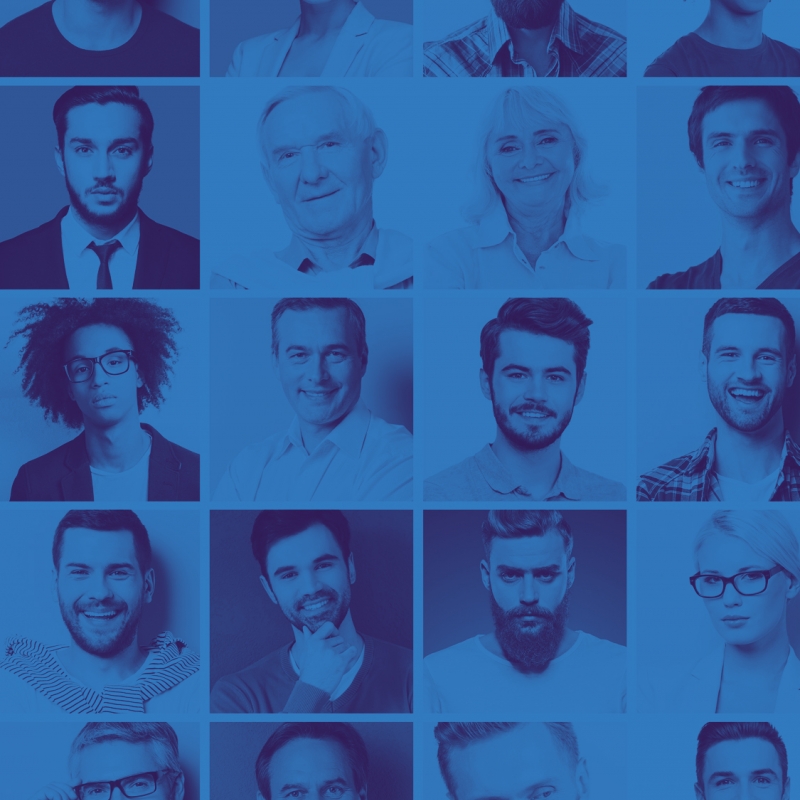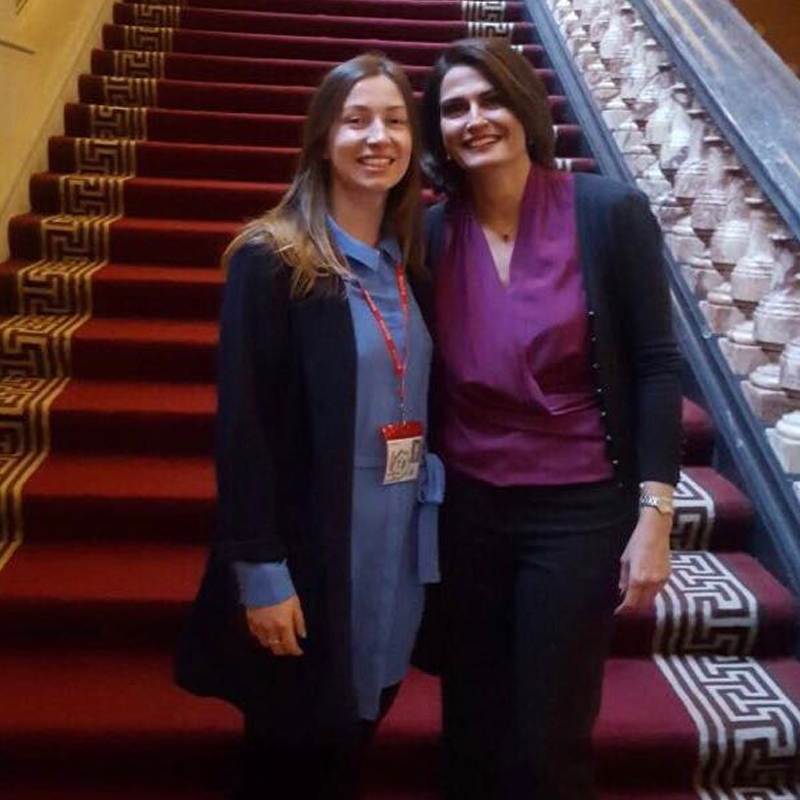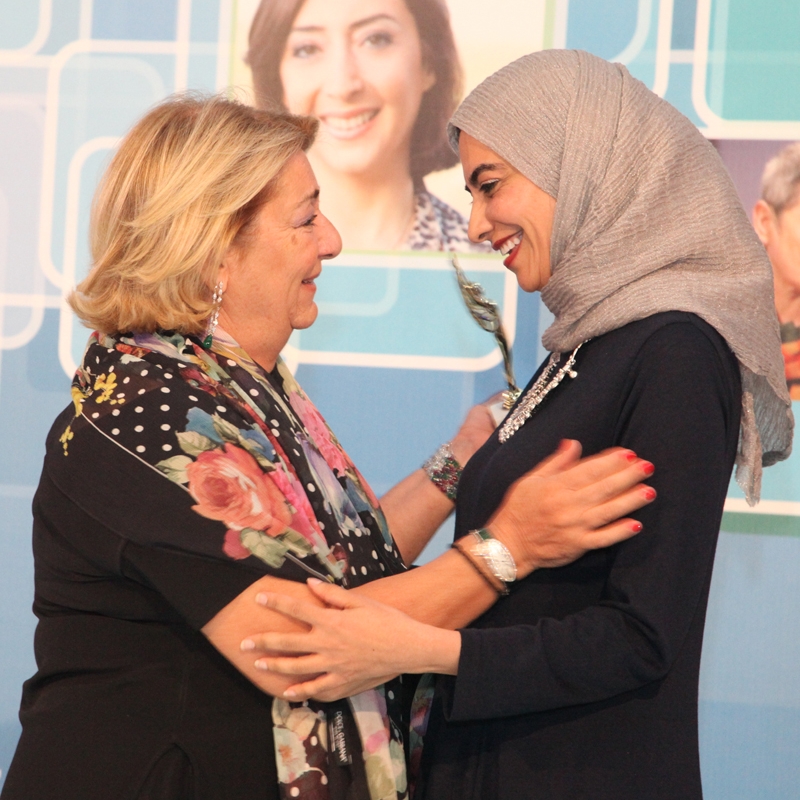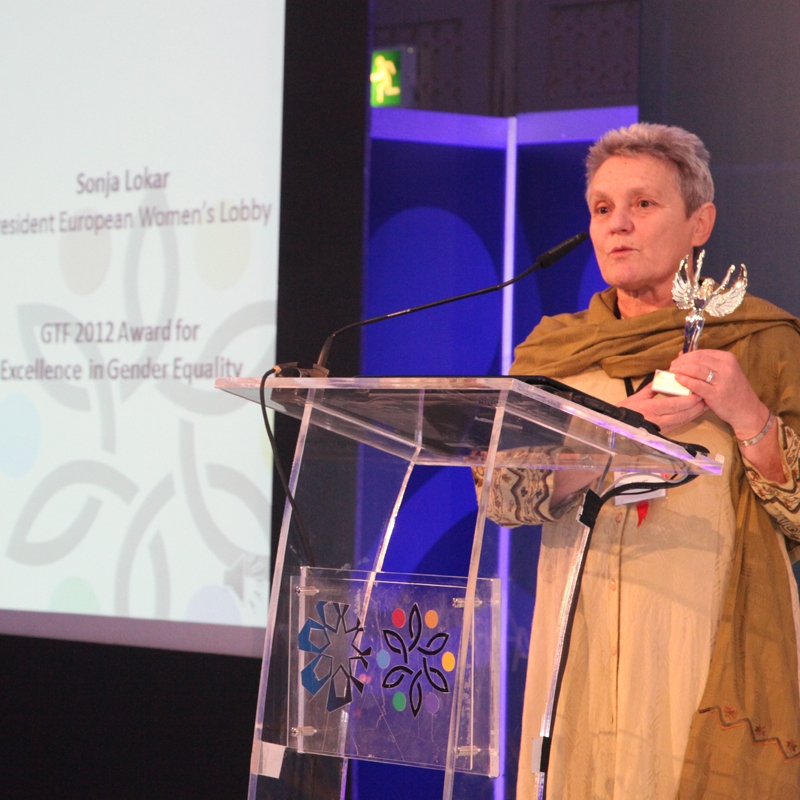
Nurturing Cross Cultural Understanding and Collaboration in a Complex World


In this day and age our world has paradoxically become smaller in size, but unlimited in potential for communication, collaboration and change. Innovation and new technologies are abolishing barriers and borders, while at the same time creating challenges and pushing towards a major mind shift. Today it is imperative that we think from a global perspective and adapt to a rapidly changing reality. In a world of uncertainty, instability and rapid change, existing thought leadership and ethics are no guarantee for future progress or even survival. At the heart of globalisation lies the question of how leadership, ethics and culture need to transform and adapt to tackle new challenges and complexities in governance issues. Today we have no luxury of choice between the world’s most powerful states, country interconnectedness or powerful human networks. We get all three, at the same time. Inevitably this reality begs for new models in governance and more integration of our universal values in the creation of a culture of global thinking.
An Innovative Platform to Nurture Understanding
In 2012, Global Thinkers Forum launched as a platform that paves the way in changing perceptions around governance and in helping people rethink their values for the future, from a global (universal rather) perspective. Also as a platform to promote collaboration and cross-cultural understanding among what we call ‘PPP’, Public-Private Partnerships, but also between social verticals relating to gender, ethnic, racial differences.
The concept of Global Thinkers Forum is founded on the belief that today there is abundance of information (and disinformation), but too little thinking and analysis. Human networks proliferate at rapid pace, but people are in greater need of in-person information exchange than ever before. Leadership as we knew it is losing ground and leaders themselves are clearly finding it tough to manage a continuum of change that affects perceptions, behaviours and decision-making.
Our organisation, Global Thinkers Forum, has an important strategic objective: to create a new generation of leaders by effectively harnessing the power of social and human networks and promoting cross-sector collaboration. We believe that we need to build on collective intelligence and social capital, understand emerging behavioural patterns and coordinate people in ways to achieve problem-solving through collaborative work.
A Triangle of Collaboration: Public Sector-Private Sector –Civil Society
What GTF proposes is a ‘triangle’ of collaboration between civil society, government and the private sector in order to promote positive change. As Global Thinkers Forum we seek to fill this gap with the promotion of ideas, understanding, innovation and cooperation among leaders in all disciplines. One specific example is the work we have been doing to promote the empowerment of women in the Middle East and North Africa. The lives of Arab women today are complex, diverse and far more multi-faceted than those of the one-dimensional creatures of veiled passivity who inhabit the imaginations of so many Western “experts.” In most Arab countries, women face constricting laws and social customs that hold them back from full participation in their societies. Some, as a result, lead lives of passive submission. But others rage against those institutional obstacles, organise other women to challenge male domination of their public and private lives, and seize every opening, large or small, to move the rights of women at least that one next step.
Women Leaders in MENA: Power and Creativity
In 2012, a year after the Arab revolutions, we organised a Forum for Arab women, bringing the present generation of pioneering leaders together, with leadership from other parts of the world. This international meeting was held under the patronage of Her Majesty Queen Rania of Jordan and provided women with fertile ground to assume responsibility and take the lead in fields of culture and creativity, education and intercultural learning, citizenship, media and public opinion, all of which are vital for shaping a global future. The invited women leaders and conference participants represented over fifteen countries and all sectors (business, government, civil society, diplomacy, academia, media) and discussed strategic skill sets for women in the MENA, such as identifying areas of opportunities, improving leadership skills, corporate governance, and successful leadership. A number of partnerships and further initiatives were born out of that influential meeting, multiplying and maximising the partnerships and collaboration message that GTF stands for. For example, the programme entitled ‘Tha’era: Empowering Arab Women’ which was formed as a collaboration between Egyptian journalist Shahira Amin and Sonja Lokar, President of the CEE (Central & Eastern European) Gender Network, who came together under the GTF proceedings. ‘Tha’era’ was not just another networking and capacity building initiative for Arab women, but a programme designed by women for women, within a focused proactive and culturally sensitive framework. The programme aimed to reach thousands of grassroots activists in urban and rural areas in Egypt as well as across social divides.
Promoting Global Thinking Amongst Youth
Another example of GTF’s work is the Global Thinkers Mentors Platform (GTM), which consists of two international mentoring programmes ‘Telemachus’ and ‘Athena’
These programmes create conversations between young individuals from all over the world and international professionals of outstanding careers and achievements. The mentoring sessions which aim at promoting not only professional development but also cross cultural understanding and the notion of global thinking, take place one-on-one over a period of 8 months.
For eight months mentees are supported and encouraged to develop new skills and expertise, which can make them not only more competitive in the international arena, but also more prone to operate under universal values and not under contextual beliefs. “For our society on a global scale, I think the major purpose is to perceive the world as a unified sole country. Only then there will be a truly unified moral standing, one that clarify right or wrong for everyone and thus create a fairer world, a more evolved world”, believes Paul-Angelos Philppakis a 23-year old GTF mentee from Greece.
Our Mentors are individuals with deep international experience and rich backgrounds across various sectors, such as business, government, civil society, diplomacy, academia, media. GTM is a vivid example of the importance of cross-sectoral collaboration and how this can actively grow and support leadership and most importantly create the foundations for a more accountable world in the future, through nurturing the next generation of leaders.
“‘There is no point in developing the tools for citizenship, if we do not recognise ourselves and all members of our community as citizens with equal rights to express and to be heard’. ”



